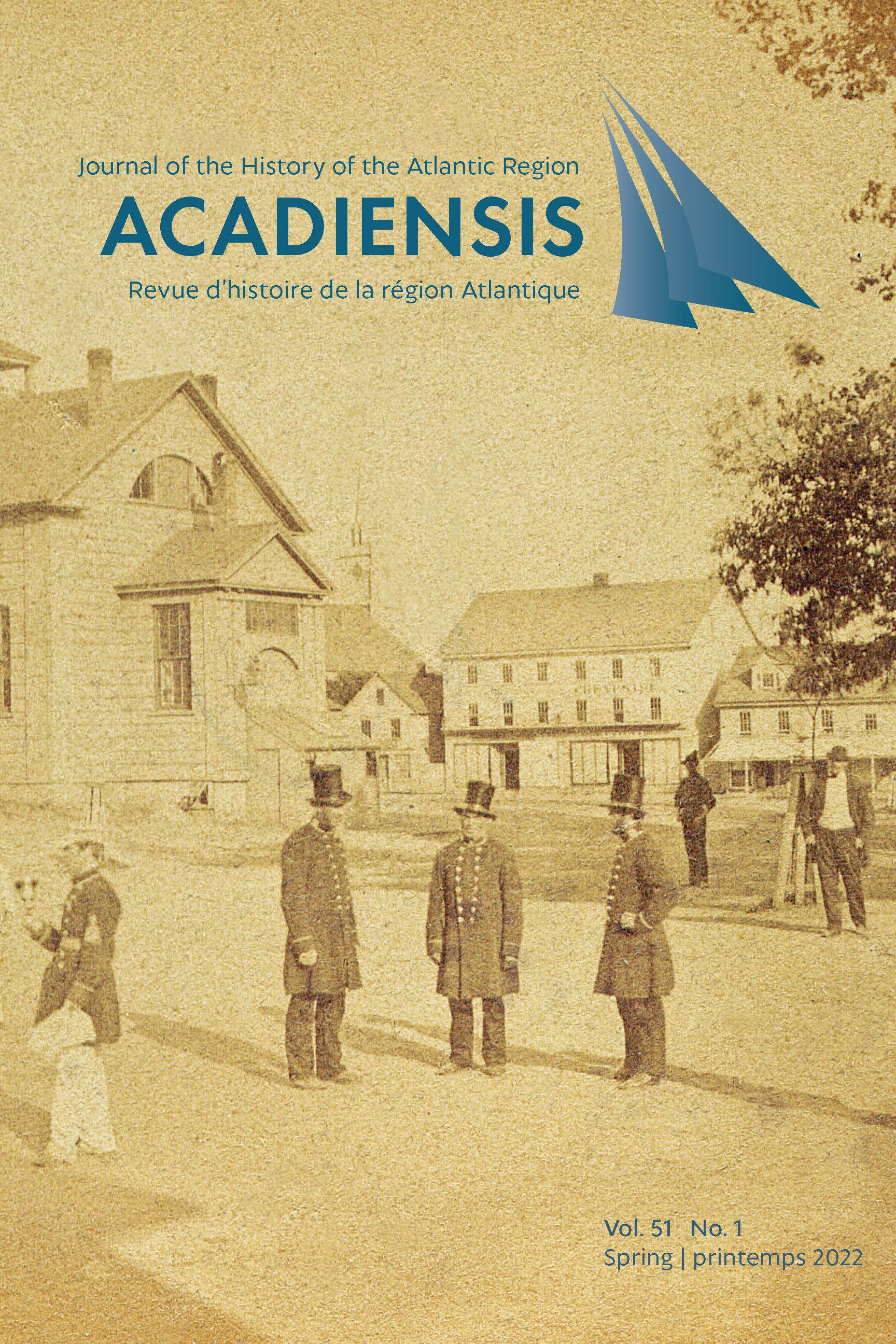Résumé
En 1839, dans la colonie britannique nord-américaine de l’Île-du-Prince-Édouard, Tom Williams, un Mi’kmaq, fut reconnu coupable du meurtre d’un autre Mi’kmaq et condamné à la pendaison. Toutefois, Williams ne fut pas pendu. Cet article avance des raisons possibles pour lesquelles le gouvernement colonial décida de commuer la peine de Williams, en établissant un lien entre cette affaire et la dépossession des Mi’kmaq et leur marginalisation subséquente par la société coloniale, ainsi que la « question des terres » qui dominait alors la vie dans l’île. Cette affaire incarnait la prépondérance du droit colonial britannique et le déclin concomitante du droit mi’kmaq dans la colonie.
Copyright for articles published in this journal is retained by the author(s), with Acadiensis being granted a non-exclusive licence to each and every right in the work throughout the world. After publication of the work, the author(s) shall have the right to self-archive the work and to reprint the work in whole or in part in books authored by or edited by the author(s) without the payment of any fee. In these other formats, however, the author or authors are required to acknowledge the original publication of the work in the pages of the journal. In the case of any requests to reprint the work, Acadiensis will require a standard permission fee -- to be divided equally between the journal and the author. In the event that such requests are received by the author(s), the author(s) shall direct such requests to the journal.

